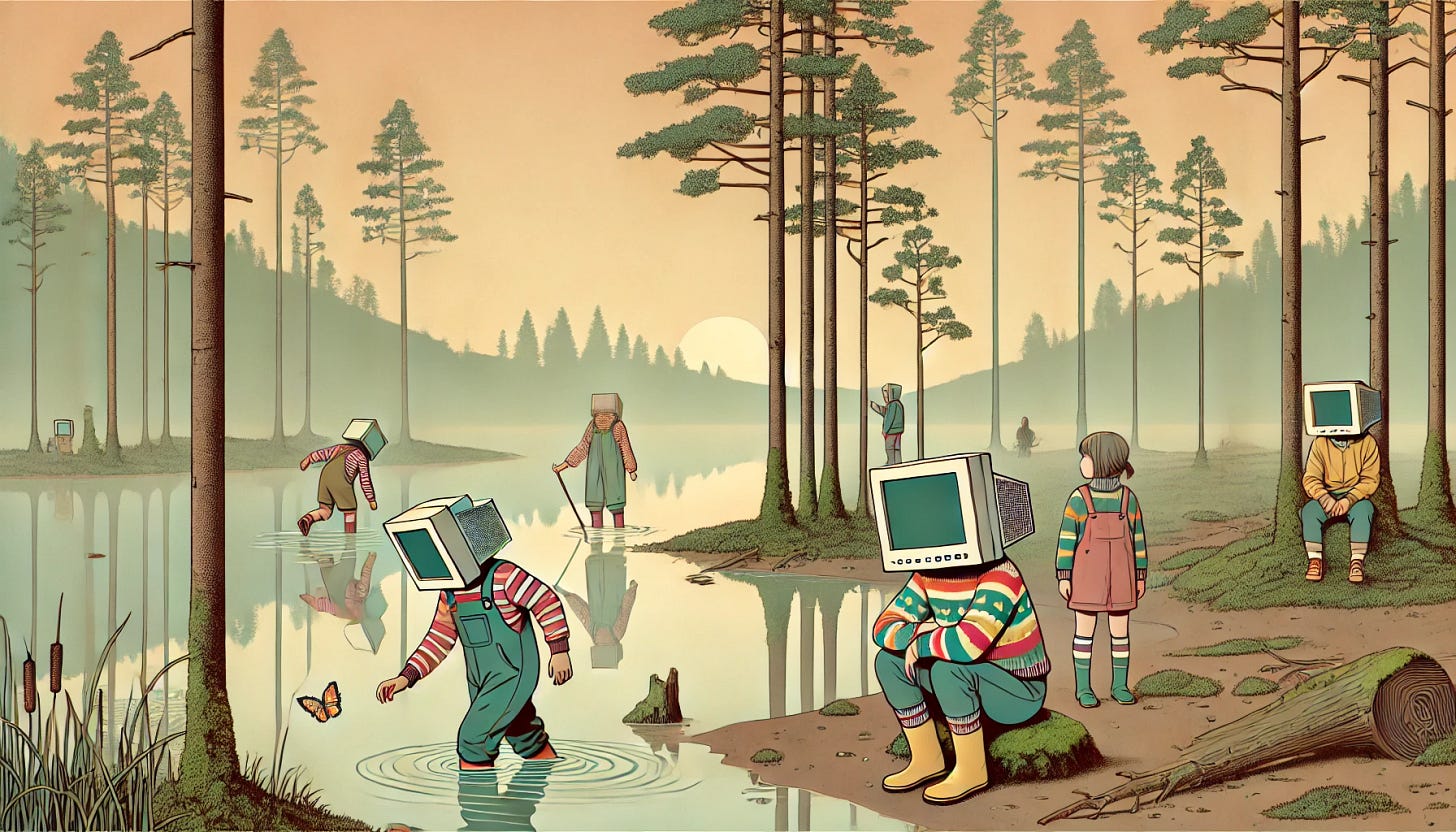Family emerges from the deliberate weaving of chosen bonds, each connection adding a thread to the tapestry of our belonging.
I was never much of a bookworm—until recently, when I wandered into my first expat book club. The group was a warm, spirited mix of people who’ve all left home and watched old connections drift away. We began with Perfection, a novel about a couple chasing the flawless life only to find they’ve lost themselves, and before long our chat shifted to our own stories of uprooting and rebuilding. In that circle of strangers who genuinely understood, I felt a cozy sense of belonging I usually only know beside my partner, among close friends, or around my parents’ table at Christmas in Slovakia.
That evening, after years of pondering, one question finally came into focus: what is family, really? To find an answer, I traced its role through history—from tribal clans relying on many children for survival, to tight-knit villages and sprawling multigenerational households where kids were part of the workforce. It wasn’t until compulsory schooling, child-labor laws, and modern welfare that children left the fields and factories for a protected phase of life we now call “childhood.” The sentimental notion of children as the heart and purpose of family is a wholly modern invention.
Today, purpose and meaning flow from careers, online communities, chosen friendships, and solo adventures. We no longer depend on large families for survival or labor, and the old arguments for many offspring matter less in a world where connection and belonging can be crafted by intention.
At the same time, politicians warn of plunging birthrates and greying populations—as if shrinking families automatically mean collapse. Yet from another angle, this shift represents unprecedented freedom and agency. Women have carved out lives beyond motherhood, and with that expansion, belonging has taken root in co-working spaces, volunteer circles, neighbourhood cafés, and online networks. The old anchors of church, blood, and place no longer define where we feel at home.
I’m not surprised many have fewer children or stop having children altogether. What was once a village’s work now falls on two people on the edge of burnout. In countless homes, partnerships crack under early parenthood’s relentless demands: the cost of raising kids never eases, and unpaid care still falls mostly on women. Children no longer pitch in as they once did, turning parenting into a one-way investment with no guarantee of tangible return. Unplanned pregnancies can derail even the best-laid plans.
So I ask: what game are we playing when I barely speak to my brother, even though we grew up under the same roof? When I visit my grandfather just once a year and watch him mourn grandchildren who’ve turned away from the “traditional” path? When I’m pulled to a family wedding simply to see the branch I actually care about—even though I barely speak to the groom? The gap between our values seems to widen with every gathering. We invoke “family values” as if they’re etched in stone, yet those bonds fall apart the moment we stop tending them.
There’s so much pressure to keep up appearances, and the idea of family I once trusted feels completely broken. I dread the upcoming wedding—each step toward it presses on my chest, the whole spectacle hollow and forced. I can still hear kids laughing as they raced through the forest on our vacations—a bright, joyful echo now buried under expectations I never chose, imposed by my controlling aunt. It’s suffocating, even bleak. Yet in that quiet despair, I’ve discovered an unexpected freedom—and with it, a hunger to be myself more fully than ever before.
How did I end up here? I’ve learned that relationships won’t thrive on their own. When children move away for school or work and friends scatter in search of new adventures, distance seeps in and bonds that once felt unbreakable begin to weaken. Left uncared for, connections droop like unwatered plants, and memories grow cold without shared moments to keep them alive. Over time, I’ve seen that relationships form, transform, and sometimes dissolve by choice—and that a true sense of belonging only blooms through deliberate care.
All my life, I’ve felt that craving for belonging—first I chased it, then I ran from it, and finally I started weaving my own web of one-on-one connections. I stopped placing faith in large friend groups and instead invest in single, genuine bonds. I spend time with my parents because I choose to; my father never asks me to be anything other than myself. One cousin has become more like a brother than a distant relative, and my partner and my closest friends each light up different parts of my world. I guard those relationships fiercely.
Looking back over all these shifts, I see that family has morphed from a fixed blueprint handed down by geography or genealogy into a practice we create together. Maybe that means monthly dinners with chosen folks, pop-up gatherings in beloved city corners, or tiny collectives built on shared passions. Today, family is fluid, fierce, and utterly ours to invent—and that possibility feels more comforting than any inherited script ever could.
ADRIANA
📓 Interesthings:
Little People By Joan Acocella
In “Little People,” Joan Acocella traces the heated debate over the history of childhood and the modern family, sparked by Philippe Ariès’s 1960 book Centuries of Childhood, which argued that premodern societies viewed children as little adults rather than innocent dependents. Ariès’s provocative thesis inspired waves of “sentimentalist” scholarship celebrating the rise of childhood as a cherished, protected phase, and a “continuity” school insisting that parental love and child-focused practices existed long before. Subsequent Yale-led research, relying on broad records like wills and tax rolls, exposed the complex reality of variation across time and place—revealing that while children’s roles and family structures evolved with factors like compulsory schooling, child-labor laws, and welfare, neither side’s neat narrative fully captures the messy diversity of family life through the centuries.


